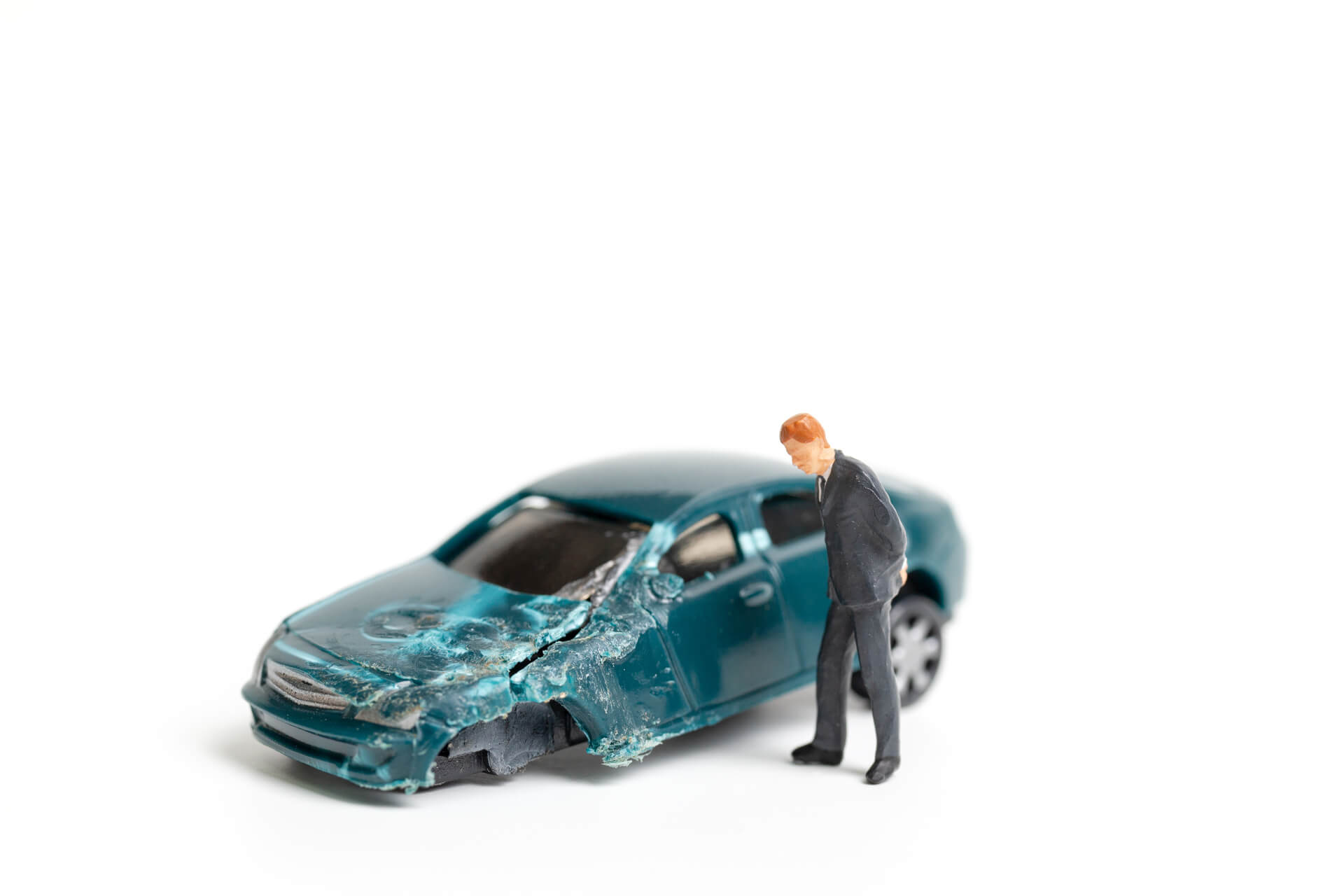
What Happens If You Get in an Accident Right After Switching Insurance?

by Erin Anderson
You finally did it — you compared quotes, switched insurers, and locked in a better auto policy. Maybe it saved you money. Maybe you got better coverage. Either way, you're feeling good about the decision… until something happens that makes your stomach drop:
You get in a car accident.
And now you're wondering:
- "Am I even covered yet?"
- "Is this going to mess up my new policy?"
- "Can the new insurer deny my claim because it happened too soon?"
If you've just switched insurance and find yourself in an accident — whether it's hours or days later — here's what actually happens, what to watch out for, and how to protect yourself.
First Things First: Are You Covered Immediately?
Yes — as long as your new policy was active at the time of the accident.
Auto insurance policies go into effect at 12:01 a.m. on the start date listed in your documents, unless otherwise specified. If your accident happens after that time on the policy's effective date, you're generally covered — even if you've only had the policy for a few hours.
📌 Example:
If your policy started on October 10th at 12:01 a.m. and the accident happened at
9:00 a.m. that same day, your new insurer is on the hook — not the old one.
What If the Accident Happens Before the New Policy Starts?
Timing is everything. If the crash happens before your new policy takes effect, your previous insurer may still be responsible — assuming that policy hasn't expired yet.
But if there's even a single day of lapse between policies, that could be trouble. A lapse — even for 24 hours — may mean:
- You have no active coverage at the time of the accident
- Your claim may be denied completely
- You could face legal penalties (in most states, driving uninsured is illegal)
Tip: Always confirm the exact end time of your old policy and the start time of your new one to avoid overlap or gaps.
Will Your Claim Be Denied Because the Policy Is "Too New"?
Usually, no — but it depends.
Insurance companies can't deny a claim just because it happened shortly after the policy started, as long as the accident occurred after the policy became active.
However, they can investigate more thoroughly if:
- The claim raises suspicion (e.g., high damage, injury, conflicting stories)
- The policyholder made inaccurate or incomplete disclosures when applying
- They suspect the accident actually happened before the start time
That said, most claims go through normally — especially if you've been transparent and the timeline checks out.
Expect a Closer Look at Your Application
When you file a claim soon after switching insurers, your new provider may take a closer look at:
- Your application details (Did you leave anything out?)
- Your driving record (Were any tickets or accidents not disclosed?)
- Vehicle condition (Did the damage exist before coverage began?)
If they find material misrepresentation — meaning you omitted or lied about something that would've affected your rate — they might:
- Deny the claim
- Cancel your policy retroactively
- Report you for insurance fraud (in severe cases)
Moral of the story: Always be honest when applying for a new policy — it's not worth saving a few bucks only to have a claim denied when you need it most.
What About Filing with Your Old Insurer?
You can't file a claim with your old insurer if:
- The accident happened after your previous policy expired
- You were already covered under the new policy
Insurance doesn't "overlap" in the sense of letting you pick who pays. Only the active insurer at the time of the accident will handle the claim.
Switching Back? It's Possible — But Risky
If the accident happened within the grace period of your old policy (some insurers offer up to 7–10 days to renew), you might consider reinstating it and filing the claim there.
But be warned:
- It's a gray area and may be seen as manipulative
- Your old insurer may refuse reinstatement once they learn about the accident
- If you're found to be dishonest about timing, both insurers could walk away
Use this only as a last resort — and only if you haven't made a claim yet.
Final Thoughts:
Accidents are unpredictable — that's the point of insurance. If you're switching policies, play it safe:
- ✅ Schedule the start date of your new policy for the day before your old one ends
- ✅ Get written confirmation of activation and coverage details
- ✅ Keep records — including application answers, start times, and policy documents
- ✅ Don't fudge the facts just to get a lower rate
Even if you never expect to file a claim so soon, it's better to be safe than sorry.
The Bottom Line
Getting in an accident right after switching insurance isn't ideal — but it's not a disaster if you handled the transition properly. As long as your new policy was active at the time of the crash and your application was honest, you should be covered like any other claim. So breathe easy — but double-check those dates next time you make a switch.
👉 Thinking about switching providers soon?
Make sure to compare quotes carefully, time your transition without a gap, and review your driving history for accuracy before applying.
A little prep now could save you a lot of stress later.